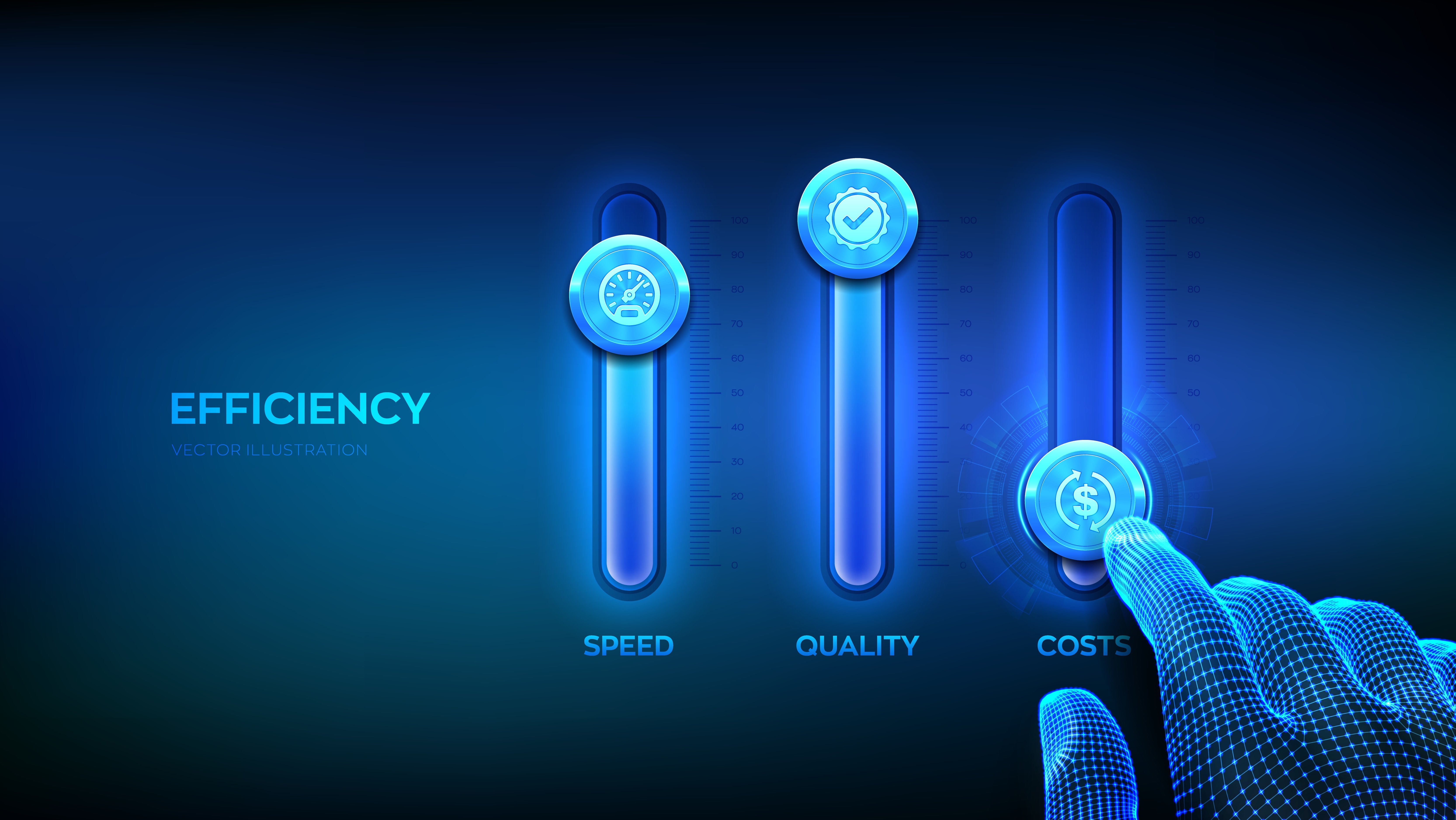
The pandemic has caused immense financial and accounting pressures and resourcing challenges. Finance managers and CFOs are increasingly turning to automation as a way to solve problems.
McKinsey predicts that the second wave of AI and automation will occur within the next two to three years, with machines & software bots performing 10% to 25% of tasks across finance operations. This will allow teams to focus on higher-value jobs and projects.
Despite the emergence of intelligent and cognitive automation, robotic process automation (RPA) remains an essential steppingstone for incorporating automation into an organization's key operations that offers significant advantages and benefits.
RPA can improve efficiency and streamline mundane processes. Bringing greater visibility to investors about shifting market risks, which enables CFOs and finance teams to focus on more strategic priorities that demand their attention.
Having a strategic approach is crucial for finance teams to seize the opportunities. Upon redesigning, digitizing, or automating a process, companies must be aware of the risks. A quality and governance system has also to be in place to guarantee that bots can be utilized effectively.
The benefits of RPA are numerous. Implementing RPA correctly allows for greater productivity, cost savings, and faster scaling operations. CFOs need to develop a comprehensive strategy that can make RPA work at its best. Innovation and risk-taking must be balanced for long-term success.
RPA should not be feared too much, especially when unintended consequences can be identified and minimized. RPA risks and challenges can be evaluated and addressed by developing an effective response.
We've compiled a set of guidelines to help CFOs and finance teams navigate through some common challenges and how RPA can help overcome them.

Business Process Optimization
To increase efficiency, optimization is an essential step towards enhancing the finance operations, which include revenue management, cash flow management, financial planning, payroll, accounts payable and receivable, record-to-report processes, and more.
The McKinsey Global Institute reports that 40% of finance functions can be fully automated, and 17% can be automated heavily. The simplest and most effective way to resolve this challenge is by entrusting RPA and achieving the expected efficiency boost by simplifying processes and implementing standardized reporting mechanisms.
eFFICIENT BUDGET APPROVAL
A business proposal is often characterized by vagueness when specifically stating the benefits or an ROI for a specific period. Automating processes using algorithms makes it easier to build a compelling business case, which demonstrates the value of robotic process automation across the company.
RPA bots are scalable and can thus improve business processes across the enterprise thanks to their extensive approaches. With RPA-assisted feasibility analysis, there is an increased chance of getting budget approval faster with accurate budgets.
OPTIMIZING THE KEY FINANCIAL KPIS
As a result of pursuing a set of challenging activities, RPA is helping CFOs lead to more appropriate, solution-oriented management decisions. Consolidated, accurate, and easily accessible data enable such good decisions.
Including data on KPIs such as bad debt, days of outstanding sales, and days payable outstanding can be accessed more easily using RPA. In this way, decision-making becomes more systematic, resulting in more precise, more accurate, and faster management decisions.
FULFILLING COMPLIANCE REQUIREMENTS
Keeping up with frequent changes in government regulations is not an easy task for those responsible for financial and accounting processes. The CFO's challenge grows even greater in the context of economic globalization, which increases the likelihood of businesses being subject to multiple and conflicting regulations.
Besides keeping track of numerous updates, robotic process automation (RPA) enables CFOs to mitigate non-compliance risks and ensure that financial activities such as claims processing are compliant with regulations. In addition to speeding up the execution of processes, it also avoids human errors.
REDUCING OPERATIONAL RISK
Many people make mistakes when they delay the financial closing, miss the payment release deadline, or jump to a conclusion. The statistics show that reducing operational risk is one of the major challenges faced by CFOs.
One of the core benefits of RPA deployment is that it is error-proof. CFOs must be able to oversee financial losses, and their consequent consequences, successfully manage this challenge.
MANAGING THE GROWING TRANSACTIONAL VOLUME
The efforts of financial officers to grow revenues are hampered by errors and leakages. The problem is even more difficult in multicultural settings and in companies that outsource.
RPA has the ability to perform uninterrupted, fatigue-free, and error-free work while increasing the process effectiveness and reducing operational costs significantly. With RPA technology financial professionals can verify customer information and history in one go for seamless transactions.
GENERATE MONTHLY SPENDING REPORT
In addition to the fact that manual work requires meticulous attention to detail, it is exhausting, time-consuming, and nerve-wracking, while errors can result in accidental expenses.
After collecting and analyzing data, the back-office system quickly listed KPIs and flagged problematic cases. In place of spending valuable time on data analysis, CFOs can apply their intelligence to find the best possible solutions to these unexplained cases utilizing RPA.

HOW TO OVERCOME OBSTACLES IN RPA ADOPTION
While companies may initially be intimidated by these challenges, proper planning and consideration will allow them to take full advantage of all RPA has to offer. Several RPA's competitive advantages, when considered cumulatively, outweigh its potential drawbacks, many of which are simply growing pains for companies as they adapt to the new technology.
By overcoming initial challenges such as choosing which processes to automate and dealing with employee resistance, companies can achieve a successful implementation. Moreover, organizations will be able to identify new application areas for RPA and eventually expand the scale of automation across their enterprise. An RPA solution can thus facilitate widespread adoption throughout the organization and allow for the realization of even greater, company-wide benefits.
We found that major obstacles to embracing the potential of RPA are caused by our natural resistance to change and inadequate communication. RPA's potential to streamline and accelerate business processes, as well as scale up your organization, trumps a few of the challenges it presents.
Whether you're looking to begin a holistic digital transformation of your company or need a simple automated process, Global Tech solutions can assist you. Feel free to contact us directly if you would like to get a free consultation about RPA implementation for your business.